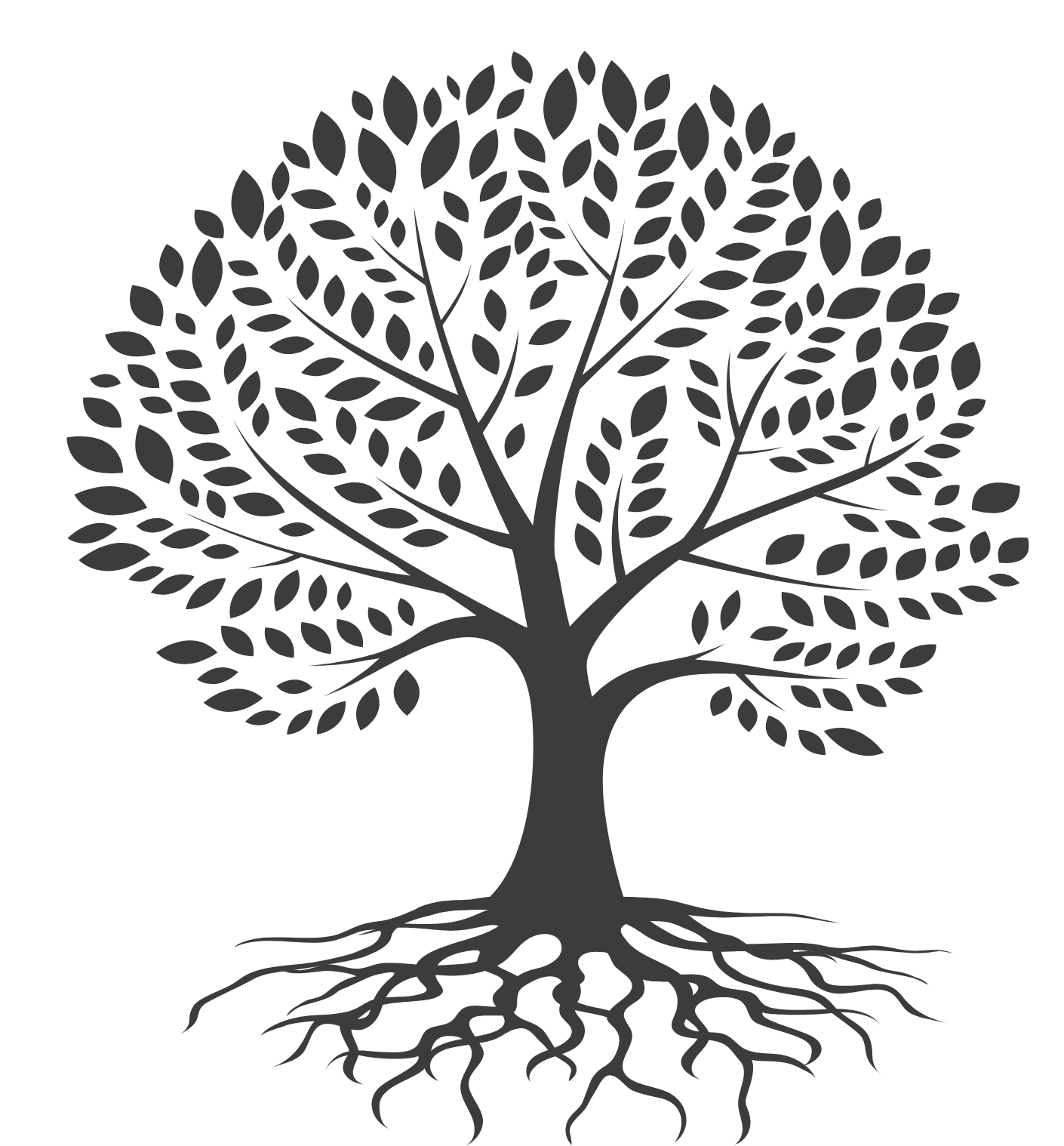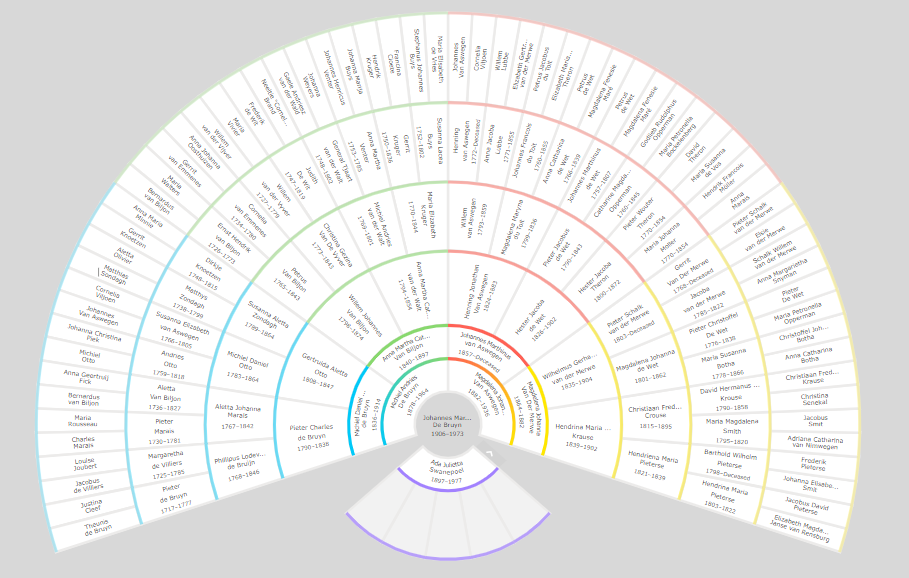A New Tool for Family Historians
Genetic counseling might sound like a service reserved for medical or psychological concerns, but it has quickly become a helpful resource for genealogists and family historians. As more people explore DNA testing to uncover their family roots, genetic counseling adds a layer of understanding that can bring depth to our family stories. Whether you've encountered surprising test results or are uncovering inherited conditions in your lineage, genetic counseling can offer guidance and clarity in family research.
Why Genetic Counseling Matters in Genealogy
As genealogy grows more high-tech, DNA testing has become a staple for tracing lineage and finding unknown relatives. With companies like AncestryDNA and 23andMe, we can pinpoint where we come from, identify distant cousins, and even learn about potential genetic health risks. However, interpreting these results often raises questions beyond ancestry—questions about the medical implications of inherited traits, potential health conditions, and how they might affect us and future generations. That’s where genetic counseling comes in.
Genetic counselors are trained to interpret DNA results and explain complex genetic information in a way that's easy to understand. For family historians, they can provide insights into the medical side of genealogy, connecting the dots between family history and genetic predispositions. They can also help translate what specific genetic markers mean in the context of a family tree, providing not just data but context and actionable information.
When Should a Family Historian Consider Genetic Counseling?
While not everyone who takes a DNA test needs genetic counseling, there are certain situations in which it’s especially helpful:
- Unexpected Results: DNA tests can reveal surprises, like unknown siblings or unexpected ancestral regions. If your results introduce new family dynamics, a genetic counselor can provide insights into what these findings might mean.
- Inherited Health Conditions: If you discover genetic markers for specific health conditions, a genetic counselor can help you understand what those markers mean for you and your family members. They can explain probabilities, discuss symptoms to look out for, and provide a realistic understanding of how these traits might play out.
- Ethnicity and Ancestry Variances: Sometimes, DNA tests show unexpected ethnic backgrounds that raise more questions than answers. A genetic counselor can offer context on how certain genetic markers may appear across various regions, which might help genealogists place these results in a broader historical framework.
- Family Planning: If you’re diving into your family’s genetic history for insights into heritable conditions, this information can be helpful if you’re planning to have children. A genetic counselor can explain how certain traits or conditions might be passed down, helping you make informed family decisions.
The Role of Genetic Counselors in Family Research
Genetic counselors bridge the gap between science and story. They can help genealogists take raw DNA data and turn it into a meaningful narrative, deepening our understanding of family history beyond simple names and dates. They work alongside genealogists to map out genetic patterns, analyze potential health risks, and discuss historical family trends that might influence current generations.
Additionally, genetic counselors are trained to handle the sensitive nature of genetic findings. When DNA tests reveal unexpected family connections, their expertise can help individuals process these revelations in a constructive, emotionally healthy way. For family historians, they offer a confidential and supportive resource to help navigate complex findings.
Practical Steps for Using Genetic Counseling in Genealogy
If you’re considering genetic counseling, here are some steps to make the most of it in your family research:
- Prepare Your Family History: Before meeting with a genetic counselor, gather as much family health history as possible. The more information you can provide, the better they can contextualize your genetic results.
- List Your Goals and Questions: Be clear about what you hope to learn from the counseling session. Whether you want to understand a specific genetic marker or need help handling an unexpected result, knowing your goals will make the session more productive.
- Consider Both Ancestral and Health Information: Genetic counselors can help you understand health risks, but they can also offer insights into the ancestral origins that may influence those risks. Be open to discussing both to get a complete picture.
- Use Counseling as a Guide for Further Research: Genetic counseling can reveal paths for additional genealogical research. For instance, if you discover a genetic predisposition common in a certain region, you might want to explore records from that area to find historical family connections.
Wrapping Up: Genetic Counseling as a Tool for the Modern Genealogist
Genealogy is a blend of history, science, and storytelling, and genetic counseling can add a powerful layer to our research. It helps bridge the gap between our ancestors’ lives and our own by highlighting shared genetics and health patterns, as well as giving us the tools to understand how these aspects impact us today. For genealogists, this service can be a guide to not just our past, but also the legacy we may pass to future generations.



Comments ()